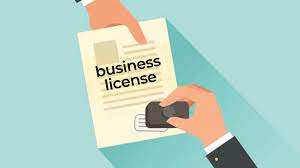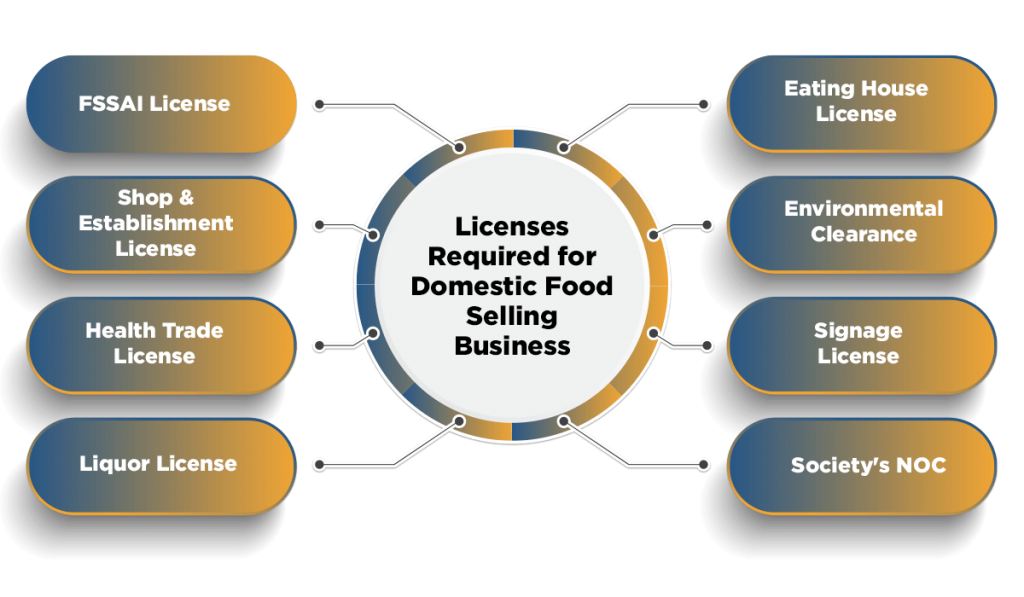
User Intent
Understanding the licenses required to sell food is crucial for entrepreneurs looking to start a food business. This guide will provide an in-depth overview of the necessary permits, their applications, benefits, limitations, and comparisons.
Introduction
Starting a food business is exciting, but before you start selling, you must ensure legal compliance. Obtaining the right licenses not only keeps your business legitimate but also ensures food safety standards are met. This guide will help you navigate the different licenses required based on your business type and location.
Definition: What is a Food Business License?
A food business license is a legal permit issued by local, state, or federal authorities that allows individuals or businesses to prepare, sell, or distribute food. The specific type of license depends on factors such as the nature of the food business, location, and scale of operations.
Application Process for Food Business Licenses
1. Determine the Type of Food Business
- Home-based Business – If you’re selling homemade goods, you may need a Cottage Food License.
- Food Truck – Requires a Mobile Food Vendor License.
- Restaurant – Needs multiple permits, including a Health Permit.
- Online Food Sales – Involves e-commerce-specific regulations.
2. Obtain a Business License
- Apply for a General Business License from your local government.
- Register your business structure (LLC, sole proprietorship, etc.).
3. Apply for a Food Handler’s Permit
- Required for individuals handling food to ensure safety standards are met.
- Can be obtained after completing a certified food safety course.
4. Get a Health Department Permit
- Required for businesses that serve perishable food.
- Regular inspections ensure compliance with food safety regulations.
5. Secure a Seller’s Permit
- Necessary for businesses selling taxable food items.
- Enables you to collect and remit sales tax.
6. Acquire a Zoning Permit
- Ensures that your food business location is in a legally permissible area.
7. Apply for Special Licenses (if applicable)
- Alcohol License if selling beverages containing alcohol.
- Mobile Food Vendor Permit for food trucks.
- Catering License for off-site food services.
Benefits of Obtaining a Food Business License
1. Legal Protection
- Avoids fines and legal action for operating without a license.
2. Builds Trust with Customers
- Consumers feel safer purchasing food from licensed vendors.
3. Ensures Food Safety Compliance
- Helps maintain high hygiene standards.
4. Enables Business Growth
- Licensed businesses can operate in larger markets, including retail and online platforms.
5. Access to Funding and Insurance
- Many lenders and insurance companies require proof of proper licensing.
Limitations of Food Business Licenses
1. Costly Fees
- Some licenses come with high application and renewal fees.
2. Time-Consuming Process
- Obtaining multiple permits can take weeks or months.
3. Strict Compliance Requirements
- Businesses must adhere to health codes and undergo frequent inspections.
4. Limited Selling Areas
- Zoning laws may restrict where food businesses can operate.
Comparative Table: Food Business License Requirements
| Business Type | Required Licenses | Additional Requirements |
|---|---|---|
| Home-based Business | Cottage Food License | Food safety training |
| Food Truck | Mobile Food Vendor Permit, Health Permit | Zoning Permit, Fire Safety Permit |
| Restaurant | Business License, Health Permit | Alcohol License (if applicable) |
| Online Food Sales | Seller’s Permit, Business License | Compliance with e-commerce laws |
| Catering Business | Catering License, Health Permit | Food Handler’s Permit |
Conclusion
Obtaining the right business license is a crucial step in legally operating a food business. The type of license you need depends on whether you run a home-based business, food truck, restaurant, or online store. By following the application process and meeting compliance requirements, you can run a successful and legally protected food business.
FAQs
1. Can I sell homemade food without a license?
- In most places, you need a Cottage Food License to sell homemade food legally.
2. How much does a food business license cost?
- Costs vary by location and type of license, typically ranging from $50 to $500.
3. Do I need different licenses for selling food online?
- Yes, you may need a Seller’s Permit and a Business License for online food sales.
4. How long does it take to get a food business license?
- It can take anywhere from a few weeks to several months, depending on local regulations.
5. What happens if I sell food without a license?
- You may face fines, business closure, or legal action for non-compliance.

To visit https://www.mca.gov.in
For further details access our website https://vibrantfinserv.com
